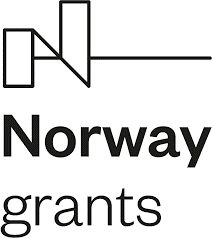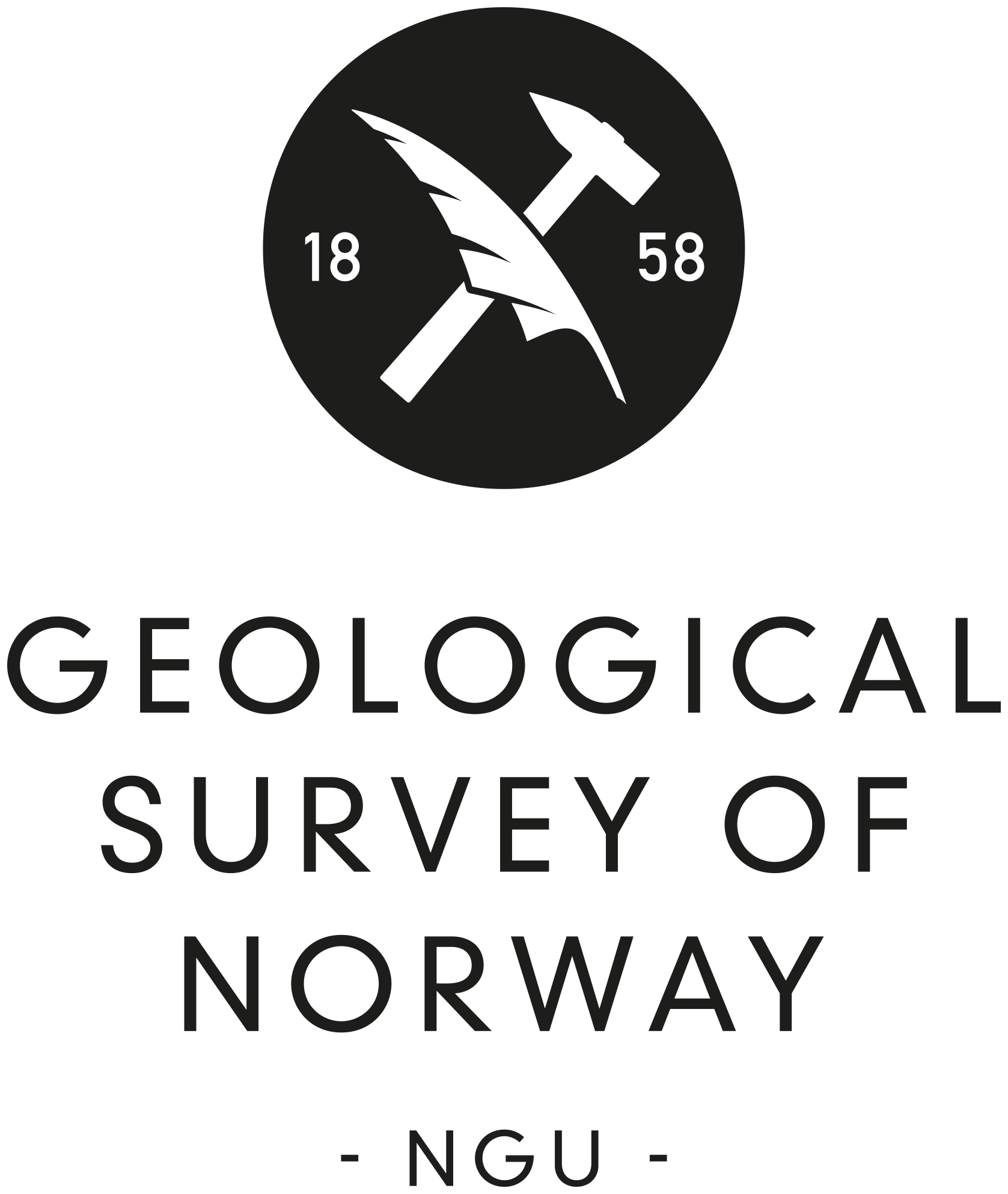Institutions
Fot. Kajetan Deja
Nord University
Nord University is one of Norway’s newest universities (established in 2016), with nine campuses all over the Nordland region of northern Norway. The main campus is in Bodø, off the world famous Lofoten archipelago. The Marine Ecology group within the Faculty of Biosciences and Aquaculture conducts multidisciplinary research on high latitude ecosystems on land, in the fjords and oceanic waters, using both ecological and molecular tools to understand ecosystem and species responses to environmental and anthropogenic changes.
Geological Survey of Norway
Geological Survey of Norway (NGU) is a Norwegian government agency responsible for geological mapping and research. With its long history dated back to 1858, NGU has dedicated efforts in both terrestrial and marine geology with disciplines include but not limited to mineral resources, geochemistry, hydrology, geophysics, solid earth geology, quaternary geology, and geohazard observations. The PIs in the project are from the Marine Geology team of NGU. With currently 25 researchers and engineers, the Marine Geology team runs a large seafloor mapping program, MAREANO, for Norwegian coastal areas, which facilities other projects such as the ArcticSGD.
Department of Geological Sciences from the Stockholm University has a long history in studying Geology, Marine Geology, and Geochemistry that could be traced back to more than a century ago. With 30 faculty members and 19 doctoral/post-doctoral researchers, the department is ready to face the challenges of our changing Earth for the years to come.
Institute of Oceanology Polish Academy of Sciences
The Institute of Oceanology of the Polish Academy of Sciences had emerged from the Maritime Station established in 1953 in Sopot by the Institute of Water Engineering Polish Academy of Sciences. In 1956 it was transferred to the Department of Geophysics of the Polish Academy of Sciences. In 1971, the Department of Geophysics Polish Academy of Sciences gained the rank of the Institute of Geophysics of the Polish Academy of Sciences, and the Marine Station became the Institute of Oceanology of the IGF PAS. As a result of further development on January 1, 1976, by resolution of the Presidium of the Polish Academy of Sciences, the Institute of Oceanology of the Polish Academy of Sciences was separated from the Institute of Geophysics of the Polish Academy of Sciences and became an independent Institute of Oceanology with headquarters in Sopot. After meeting formal requirements, in 1983 the Department was transformed into the Institute of Oceanology of the Polish Academy of Sciences.
The Institute is run by the director of the Institute. The current director of the institute is prof. Jan Marcin Węsławski. The Institute is organized into two divisions – a scientific division and an administrative and economic division, dealing with current affairs of the Institute and project settlements.
The institute also runs a doctoral study, library and editorial office. One of the most important resources of IO PAN is the S/Y Oceania research vessel, which for the greater part of the year conducts research over Baltic Sea and the North Sea.
The mission of the Institute is to conduct basic research of the marine environment and deepen knowledge of phenomena and processes occurring in it. The Institute of Oceanology conducts research on the Baltic Sea and in the area of the European Arctic.



